If there was any doubt that Australia has a growing hostility towards free speech, the forced cancellation of Ayaan Hirsi Ali’s tour of Australia and New Zealand surely lays those doubts to rest.
Hirsi Ali, a prominent critic of Islam, has spoken in Australia on multiple occasions. But she was reportedly forced to cancel her latest tour — including appearances on Q&A, and multiple other media engagements — due to “security concerns.
Already a subscriber? Log in
Subscribe for just $2 a week
Try a month of The Spectator Australia absolutely free and without commitment. Not only that but – if you choose to continue – you’ll pay just $2 a week for your first year.
- Unlimited access to spectator.com.au and app
- The weekly edition on the Spectator Australia app
- Spectator podcasts and newsletters
- Full access to spectator.co.uk
Or

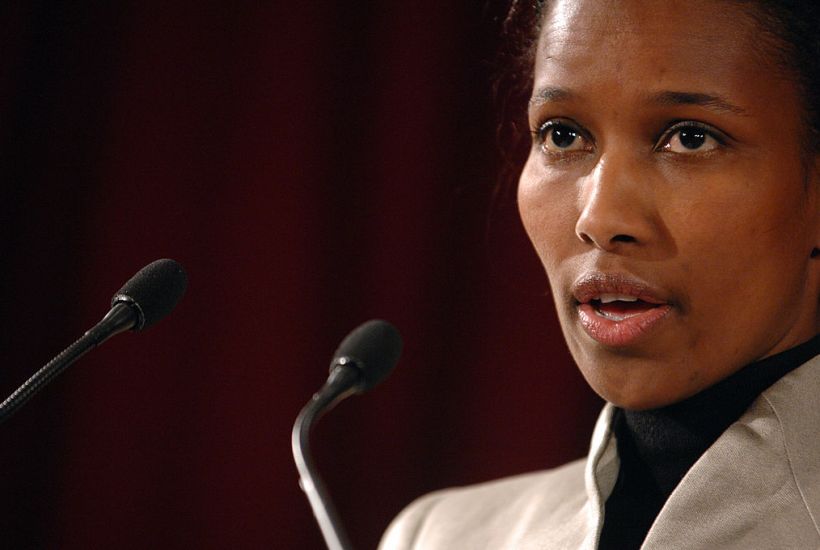
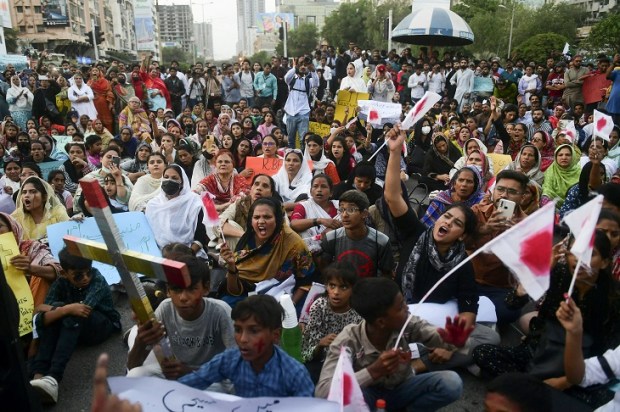
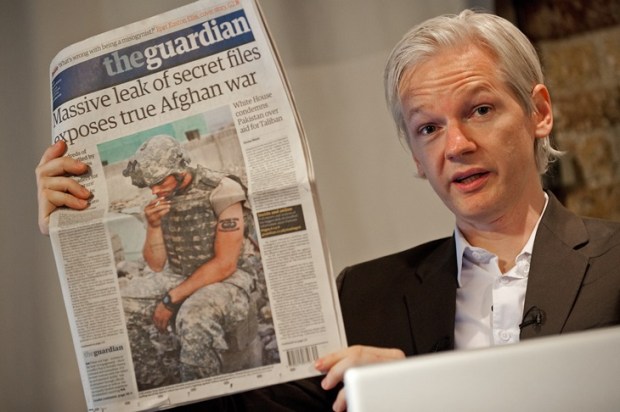
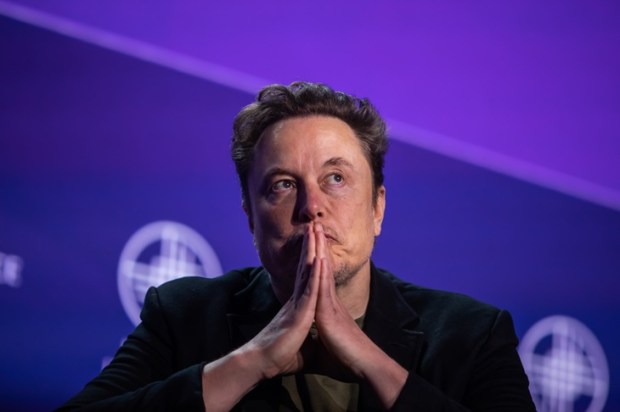


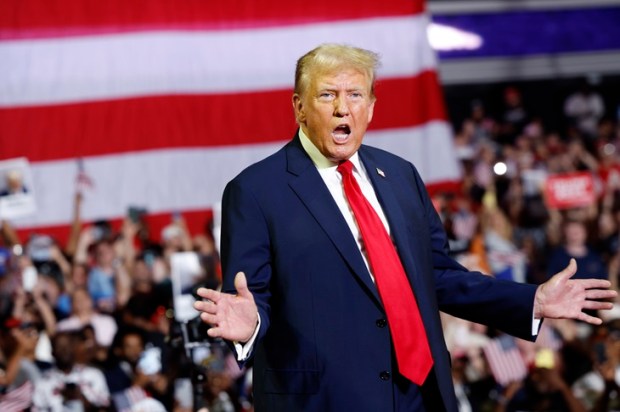


















Comments
Don't miss out
Join the conversation with other Spectator Australia readers. Subscribe to leave a comment.
SUBSCRIBEAlready a subscriber? Log in